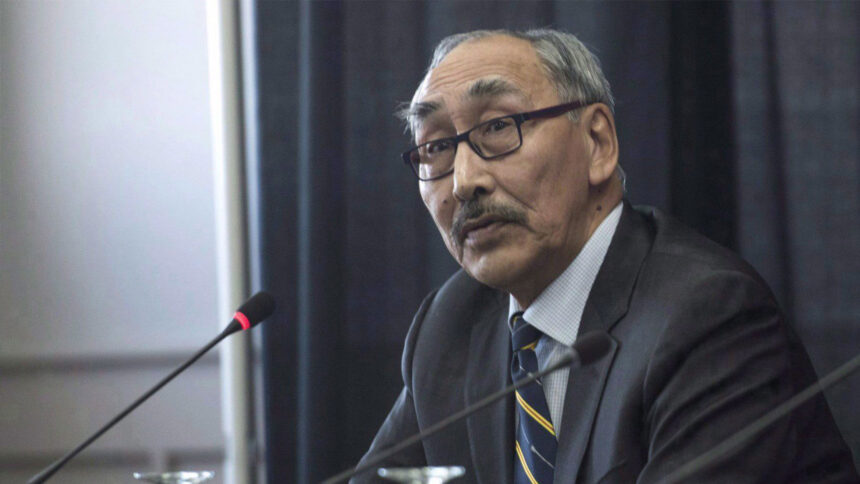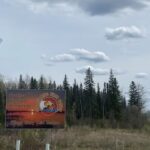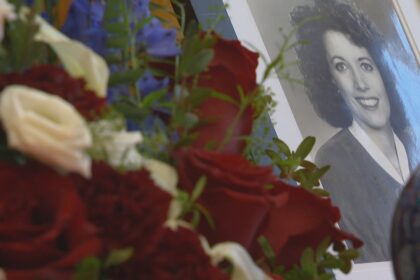The former premier of Nunavut is calling on Prime Minister Mark Carney to end the federal government’s attempt to dismiss a lawsuit against Canada over an “International Biological Experiments” program undertaken in the late 1960s and early 1970s. Paul Quassa is one of the plaintiffs suing Canada for permitting and facilitating non-consensual experiments on Inuit. The claim filed in the Nunavut Court of Justice in 2019 centers on Canada’s participation in the program with its goal of studying racial characteristics through invasive and non-consensual procedures with the oversight of a federal committee in Igloolik, Nunavut. “For decades, we believed what happened to us was permissible,” Quassa says in a news release. “That is what we were taught. Only with legal guidance did we realize the extent of the harm. What we seek is no different than what has been already given in so many other cases resulting from systemic racism.” Steven Cooper, the lawyer representing the plaintiffs in the case, says Canada is attempting to have the case dismissed—arguing that too much time has passed since the incidents. He adds that Canada is seeking to avoid accountability for its involvement in a deeply troubling chapter of history based on technicality. “We’ll be arguing that that limitation policy and the honor of the Crown, among other aspects of the case, should prevent the court or the government from relying on the court to summarily dismiss the claim. All we want is either a settlement or a trial on the merits. It’s no different than any other historic claim like this,” Cooper said in an interview with APTN News. Call to Action No. 26 in the Truth and Reconciliation Commission’s final report deals with limitation defences. “We call upon the federal, provincial, and territorial governments to review and amend their respective statutes of limitations to ensure that they conform to the principle that governments and other entities cannot rely on limitation defences to defend legal actions of historical abuse brought by Aboriginal people,” it reads. “What really puzzles us,” says Cooper, “is the fact that we were counsel among others that just settled a multi tens of billions of dollar settlement in the Indian hospital’s case. Limitations had exactly the same effect on that case as this very modest case. So why has the government picked this case upon which to rely on a technical as opposed to a merit-based defense? I don’t know.” Experiments were “horrific” Plaintiffs were subjected to experiments including skin grafts from other people. Photo: Steven Cooper According to Cooper, experiments conducted on the plaintiffs were “horrific.” They recall being subjected to skin grafts, exposure to extreme cold without adequate clothing and tests with sharp objects to assess their ability to withstand pain. Some also had “objects inserted into body cavities” according to the original statement of claim. The experiments were often carried out in “unsanitary conditions” and many plaintiffs suffered pain and infections. The claim noted the people carrying out the experiments were not Inuk or Nunuvummiat and “apparently represented Canada,” leading the plaintiffs to believe they had no choice but to “submit to the experiments.” According to an amended statement of claim filed in 2021, experimenters included staff from the University of Manitoba, the University of Alberta and the International Biological Program. The institutions are not named as defendants in the claim. “I don’t remember which plaintiff said this, but they talked about how they had a piece of their dead aunt attached to them,” Cooper says. “It sounds like a horror story, but it is horrific. And part of what we know from past cases like this is that apology and acknowledgment is at least fifty percent of the way to healing, mental healing. It won’t change the physical scars. Every one of the plaintiffs has said to me, they look at these scars, and they’re reminded not of good things. But of bad things.” “The most important thing, like every other case I’ve dealt with of this nature in the last 35 years, is they want an acknowledgment that something bad happened to them. They want an apology, and they want modest compensation.” Cooper says many of the plaintiffs were children and survivors of residential schools and federal Indian Hospitals-institutions already steeped in systemic abuse. The number of victims remains unknown, but Cooper says those who have come forward bear physical and emotional scars. “One has to wonder how many hundreds of thousands of dollars the government has already spent defending this thing and then now whatever it’s going to cost for them to make their motion, which is scheduled for next month,” Cooper says. “We want to bring awareness to the situation that-in our lifetime, Inuit citizens of what is now Nunavut, then Northwest Territories, were used as lab rats. While each plaintiff is seeking $1.1 million, they may accept less if the federal government acknowledges their role Cooper says. According to a Nunatsiak News article shared on the Cooper Regel website, a Nunavut judge fined the federal government $5,000 over delays in the case earlier this year. Cooper’s firm is also representing three men known as the “Experimental Eskimos.” In the late 1950s and early ‘60s, two boys from Nunavut (then Northwest Territories) and one from Nunavik, were taken from their homes and sent to Ottawa for school. The experiment, according to the federal government, was to see if Inuit could be educated like “white students” and eventually become leaders. The 2008 lawsuit says the “experiment” isolated them from their communities and culture. The men were asking for $350,000 each and an apology. The government hasn’t settled the case yet. APTN reached out to the Prime Minister’s Office for comment by did not hear back. “I call upon the prime minister to make this right and stop victimizing me and other Inuit who were treated as lab rats for the benefit of an unexplained biological program. I am not a monkey.” Quassa says. Tags: acknowledging, amended statement of claim, Cooper Regel, damages, Dismiss, experiments, Federal Government, former Nunavut premier, Igloolik, Inuk, Northwest Territories, Nunavut, Paul Quassa, plaintiffs, settlement, statement of claim, Steven Cooper Continue Reading
Former premier of Nunavut calls on Carney to stop victimizing Inuit involved in biological experiments lawsuit

Leave a Comment










